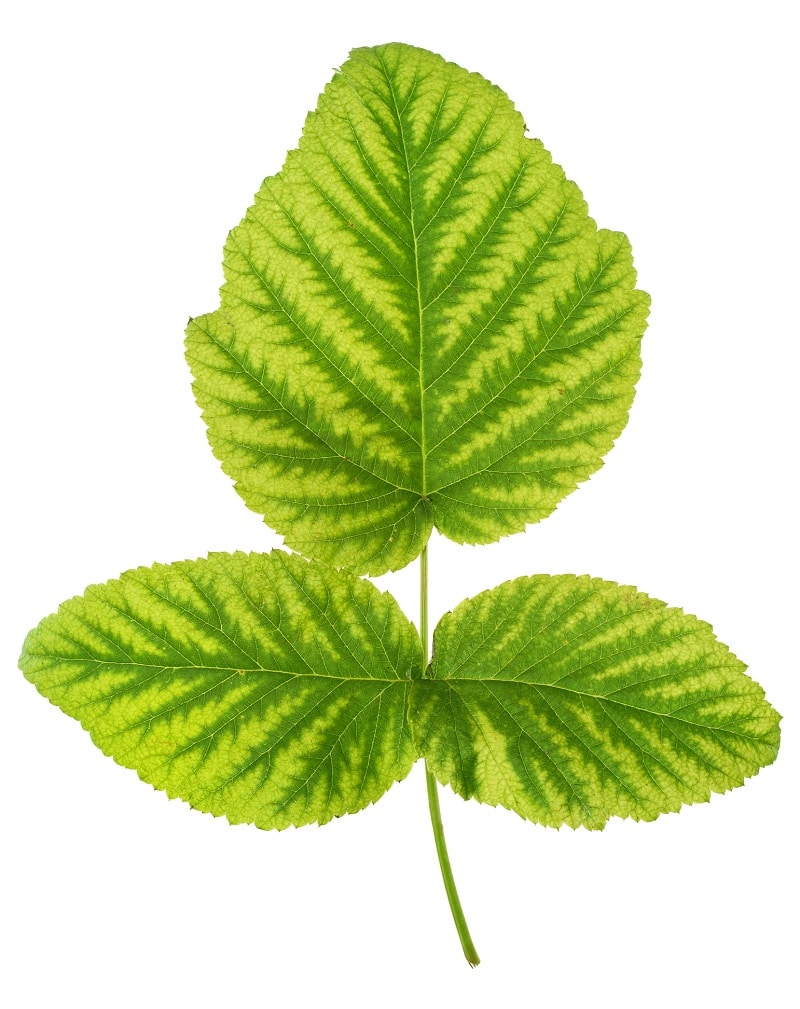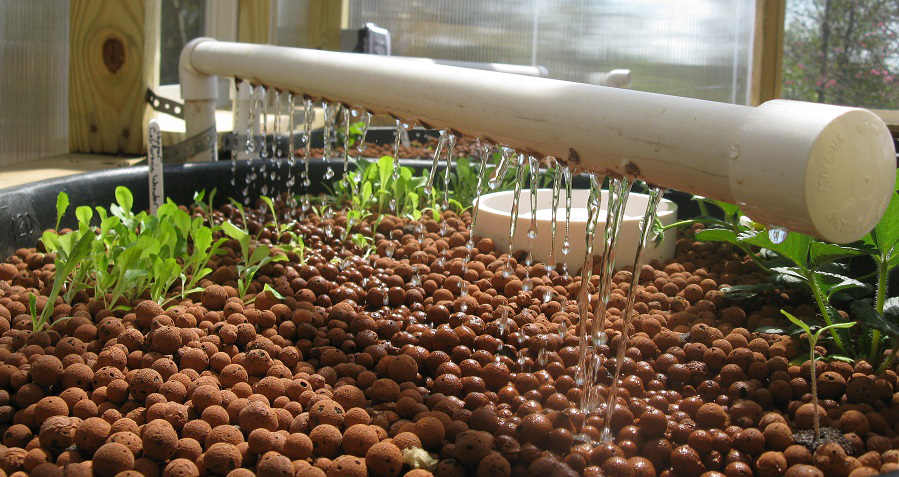Aquaponics plant deficiencies occur when various nutrients are not readily available in the water or fish waste used to feed the plants. nutrient deficiencies are one of the most common problems in aquaponics.. Most common deficiencies in young aquaponics systems: ph plays an important part in the plant’s ability to absorb the nutrients it needs for healthy growth. maintaining the correct balance helps avoid nutrient lockout.. Iron is a key nutrient that both plants and animals use for overall well being and healthy growth. it is directly tied to successful plant growth and without it plants will become stunted, fail to produce, and potentially die..
Plant nutrient management in an aquaponics system. you add mineralized nutrients that are immediately available to your plants. in aquaponics, the nutrients must be converted to a form that the plants can uptake. most of the nutrient deficiencies i see in aquaponics are not deficiencies at all. they are ph problems. the deficient. What minerals and nutrients are commonly lacking in an aquaponics system? update cancel. your “major” plant nutrients or “primary macronutrients” are nitrogen, phosphorus, potassium, calcium, magnesium, and sulfur. adding iron when your plants have an iron deficiency is very satisfying:. If you notice the plants in your aquaponic system are struggling to flower or fruit properly – maybe with shriveled, yellowing, and/or stunted growth, it is likely a sign of nutrient and/or mineral deficiency as detailed in the infograph above..




0 komentar:
Posting Komentar